
This 2nd edition published in 2008 by:
Marshall Cavendish Corporation
99 White Plains Road
Tarrytown, NY 10591-9001
www.marshallcavendish.us
First published in 2005; 2nd editon reprinted 2011
2005, 2008 Marshall Cavendish International (Asia) Private Limited
All rights reserved
No part of this publication may be reproduced, stored in a retrieval system or transmitted, in any form or by any means, electronic, mechanical, photocopying, recording or otherwise, without the prior permission of the copyright owner. Request for permission should be addressed to the Publisher, Marshall Cavendish International (Asia) Private Limited, 1 New Industrial Road, Singapore 536196. Tel: (65) 6213 9300, fax: (65) 6285 4871. E-mail:
The publisher makes no representation or warranties with respect to the contents of this book, and specifically disclaims any implied warranties or merchantability or fitness for any particular purpose, and shall in no event be liable for any loss of profit or any other commercial damage, including but not limited to special, incidental, consequential, or other damages.
Other Marshall Cavendish Offices:
Marshall Cavendish International (Asia) Private Limited. 1 New Industrial Road, Singapore 536196  Marshall Cavendish International. PO Box 65829, London EC1P 1NY, UK
Marshall Cavendish International. PO Box 65829, London EC1P 1NY, UK  Marshall Cavendish International (Thailand) Co Ltd. 253 Asoke, 12th Flr, Sukhumvit 21 Road, Klongtoey Nua, Wattana, Bangkok 10110, Thailand
Marshall Cavendish International (Thailand) Co Ltd. 253 Asoke, 12th Flr, Sukhumvit 21 Road, Klongtoey Nua, Wattana, Bangkok 10110, Thailand  Marshall Cavendish (Malaysia) Sdn Bhd, Times Subang, Lot 46, Subang Hi-Tech Industrial Park, Batu Tiga, 40000 Shah Alam, Selangor Darul Ehsan, Malaysia
Marshall Cavendish (Malaysia) Sdn Bhd, Times Subang, Lot 46, Subang Hi-Tech Industrial Park, Batu Tiga, 40000 Shah Alam, Selangor Darul Ehsan, Malaysia
Marshall Cavendish is a trademark of Times Publishing Limited
eISBN: 978 981 4435 58 1
Please contact the publisher for the Library of Congress catalog number
Printed in Singapore by Times Printers Pte Ltd
Photo Credits:
Black and white photos by Margaret Tripp except pages 22, 43, 48, 90,
102 (Bes Stock). All colour photos from Getty Images.
 Cover photo: Photolibrary
Cover photo: Photolibrary
All illustrations by TRIGG
ABOUT THE SERIES
Culture shock is a state of disorientation that can come over anyone who has been thrust into unknown surroundings, away from ones comfort zone. CultureShock! is a series of trusted and reputed guides which has, for decades, been helping expatriates and long-term visitors to cushion the impact of culture shock whenever they move to a new country.
Written by people who have lived in the country and experienced culture shock themselves, the authors share all the information necessary for anyone to cope with these feelings of disorientation more effectively. The guides are written in a style that is easy to read and covers a range of topics that will arm readers with enough advice, hints and tips to make their lives as normal as possible again.
Each book is structured in the same manner. It begins with the first impressions that visitors will have of that city or country. To understand a culture, one must first understand the peoplewhere they came from, who they are, the values and traditions they live by, as well as their customs and etiquette. This is covered in the first half of the book.
Then on with the practical aspectshow to settle in with the greatest of ease. Authors walk readers through how to find accommodation, get the utilities and telecommunications up and running, enrol the children in school and keep in the pink of health. But thats not all. Once the essentials are out of the way, venture out and try the food, enjoy more of the culture and travel to other areas. Then be immersed in the language of the country before discovering more about the business side of things.
To round off, snippets of basic information are offered before readers are tested on customs and etiquette of the country. Useful words and phrases, a comprehensive resource guide and list of books for further research are also included for easy reference.
CONTENTS
FOREWORD
Bahrainthe worlds smallest desert kingdom, yet immensely rich in culture and history. Bahrains history was born in the ancient world. Now a liberal Islamic society, Bahrain is one of the few Middle Eastern places where churches are a stones throw away from mosques. If you are worshipping in the Anglican Cathedral in Bahrain, Muslims prayers will be within earshot. The countrys liberal attitudes are a result of an ever-evolving economy that was first based on pearls, then oil, and now on banking and finance. Bahrainis boast of a long exposure to trading with foreigners and a lot of interaction with a significant expatriate community in the heart of their homeland. Bahrain caters to the needs of its significant cosmopolitan society. English is widely spoken and there is a good standard of accommodation for visitors and residents.
We have written this book as we see Bahrain now, but there is nothing so constant as change. One of the authors grew up in Bahrain and we have both made many visits as adults for business or business-related reasons while observing the changes over time. Our aim is to give you an objective view on whats good about Bahrain, whats not so good and how to adjust to the culture shock. The book has primarily been written from a Western perspective for English-speaking visitors. It contains background information on historical events, providing the reader with an insight as to how Bahrainis have evolved their unique culture, appearing to be the same as other Arabs in the Arabian Gulf.
This book is also a guide to customs and etiquette of Bahrain. There are no absolute binding rules, other than to remember that the visitor is a guest in Bahrain and should therefore pay due deference to the hostthe Bahrainis. Follow this maxim and you are unlikely to offend.
Our aim includes revealing what Bahrain is really like for the foreigner. We hope that, as a result of reading this book, you will know how to interact with the Bahrainis and what to expect from them. We also hope to tell you what it is like to live as an expatriate in one of the worlds smallest kingdoms with a large and diverse foreign community.
ACKNOWLEDGEMENTS
With thanks for contributions, advice, and reading the manuscript: John Butler, Nonie Coutts, Neville De Souza, Pati Edwards, Carol Melrose, Peter North, Peter OBrien, Col Sauvarin, Avril and Rod Taylor, Aubrey Tiedt, Len Tripp, LaaliA and Abdulrahman Zayyani.
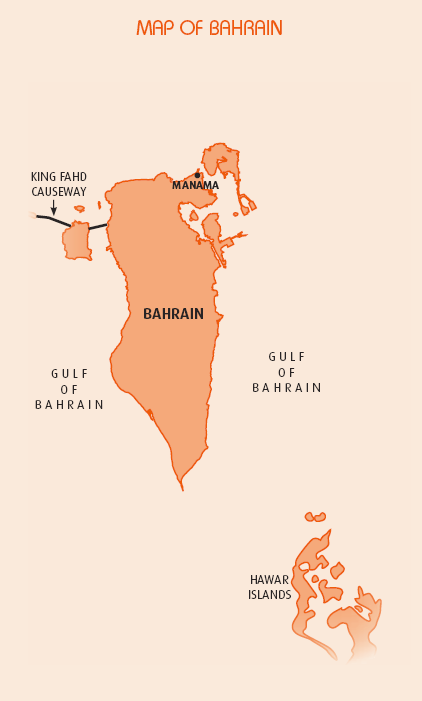
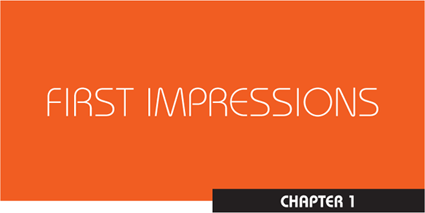
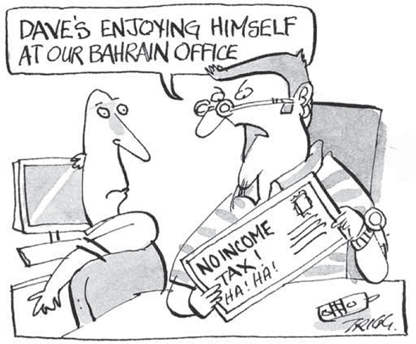
Bahrain is by no means a backwater. Behind the high-rise banks crowded on to an imposing esplanade the older streets of Manama the capital, retain an unasssuming colonial ambience, the thoroughfares relatively narrow, the uniforms not quite British.
Melbourne Herald Sun Newspaper
MANY FREQUENT INTERNATIONAL TRAVELLERS have touched down at the Bahrain International Airport on the island of Muharraq on a number of occasions when flying from Europe to destinations such as Asia or Australasia. However, many of them are only in transit, and do not venture beyond the airports duty free store.
Next page
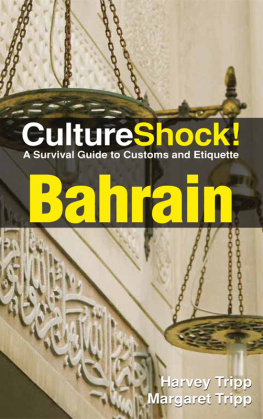
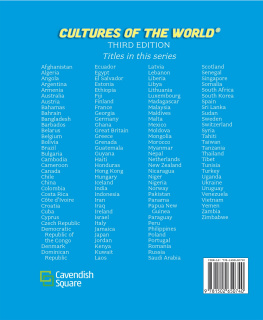
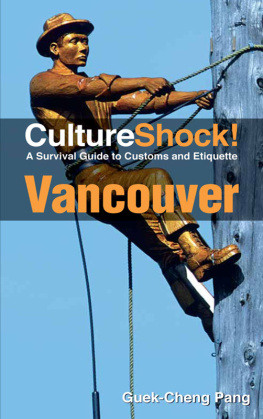
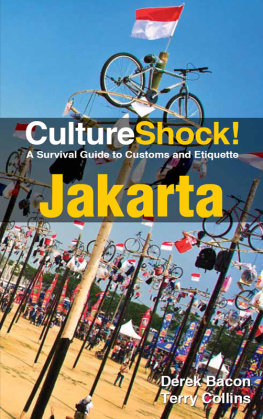
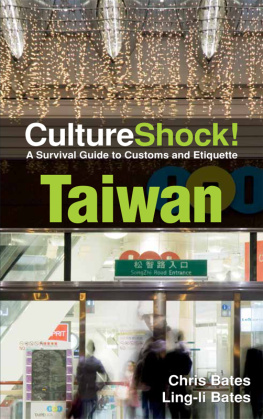
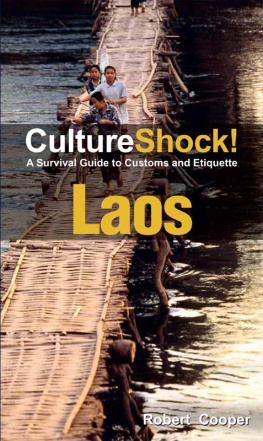
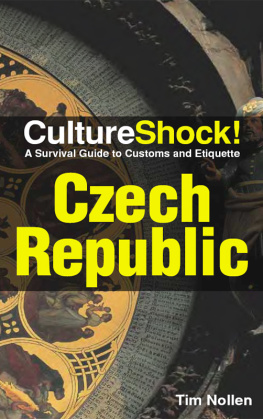
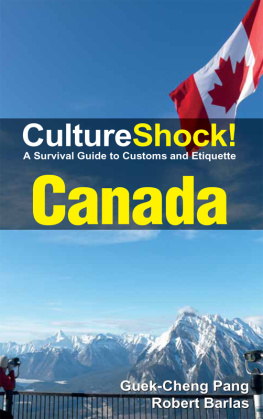
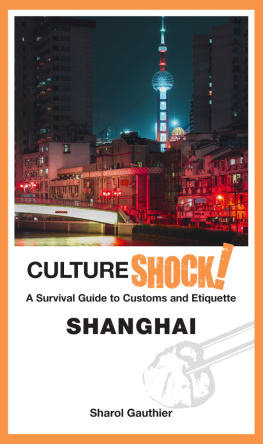
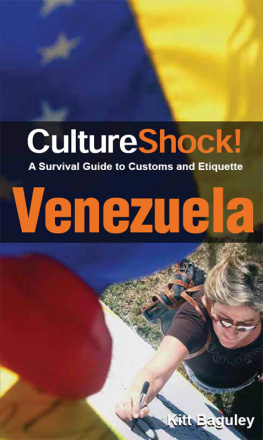
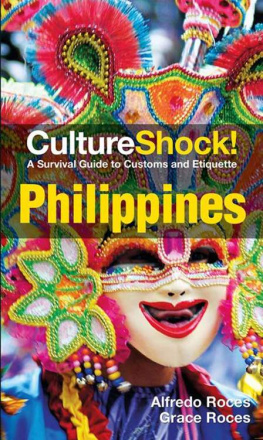
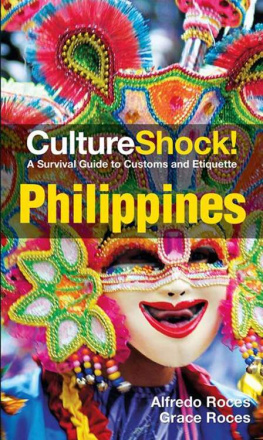
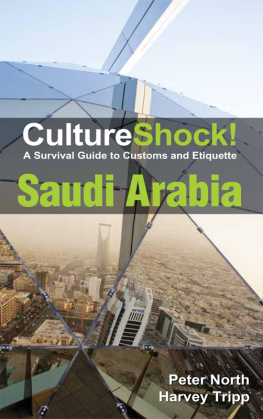

 Marshall Cavendish International. PO Box 65829, London EC1P 1NY, UK
Marshall Cavendish International. PO Box 65829, London EC1P 1NY, UK 

